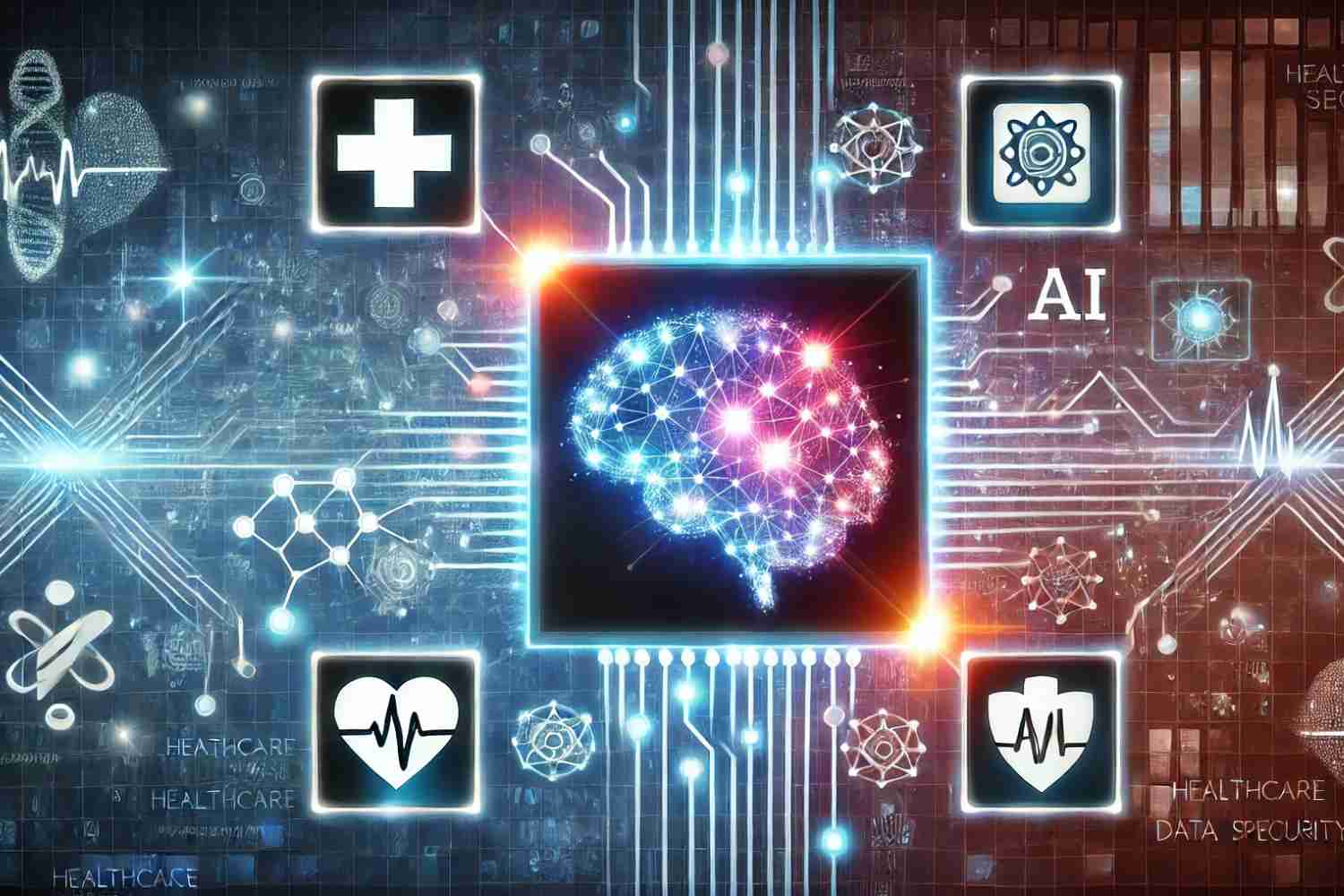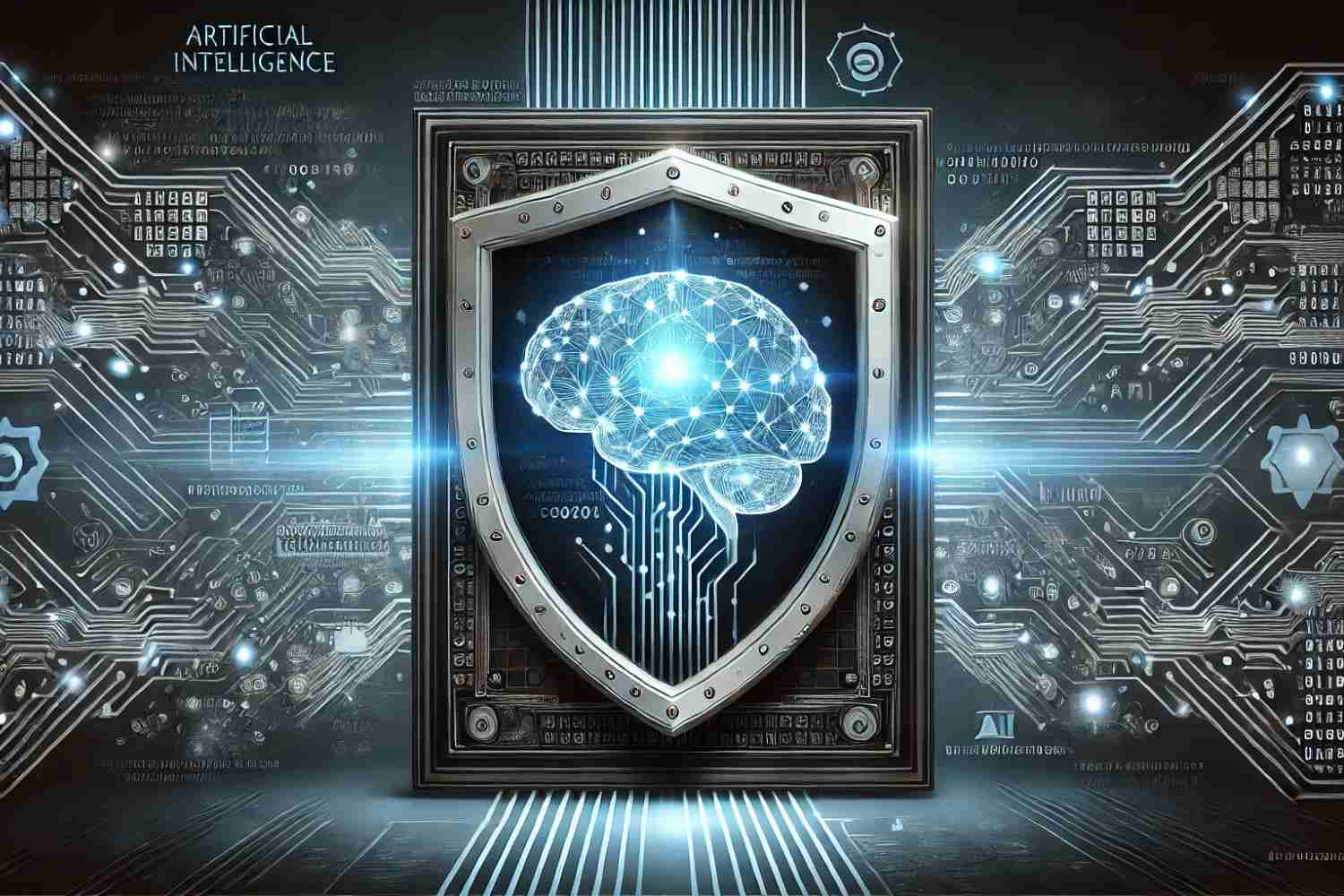Data security and privacy are critical concerns in the healthcare sector, where sensitive patient information must be protected against breaches and unauthorized access. With the increasing adoption of digital health solutions, the need for robust security measures has never been greater. In this blog post, we explore how integrating blockchain and AI can revolutionize data security and privacy for healthcare providers.
The Challenges of Data Security in Healthcare
1. Growing Threat of Cyberattacks
Healthcare data is a prime target for cybercriminals due to its high value on the black market. Ransomware attacks, phishing, and data breaches are on the rise.
2. Regulatory Compliance
Providers must adhere to stringent regulations such as HIPAA and GDPR, which mandate the secure handling of patient data.
3. Data Silos and Interoperability Issues
Fragmented systems and data silos hinder secure information sharing among providers.
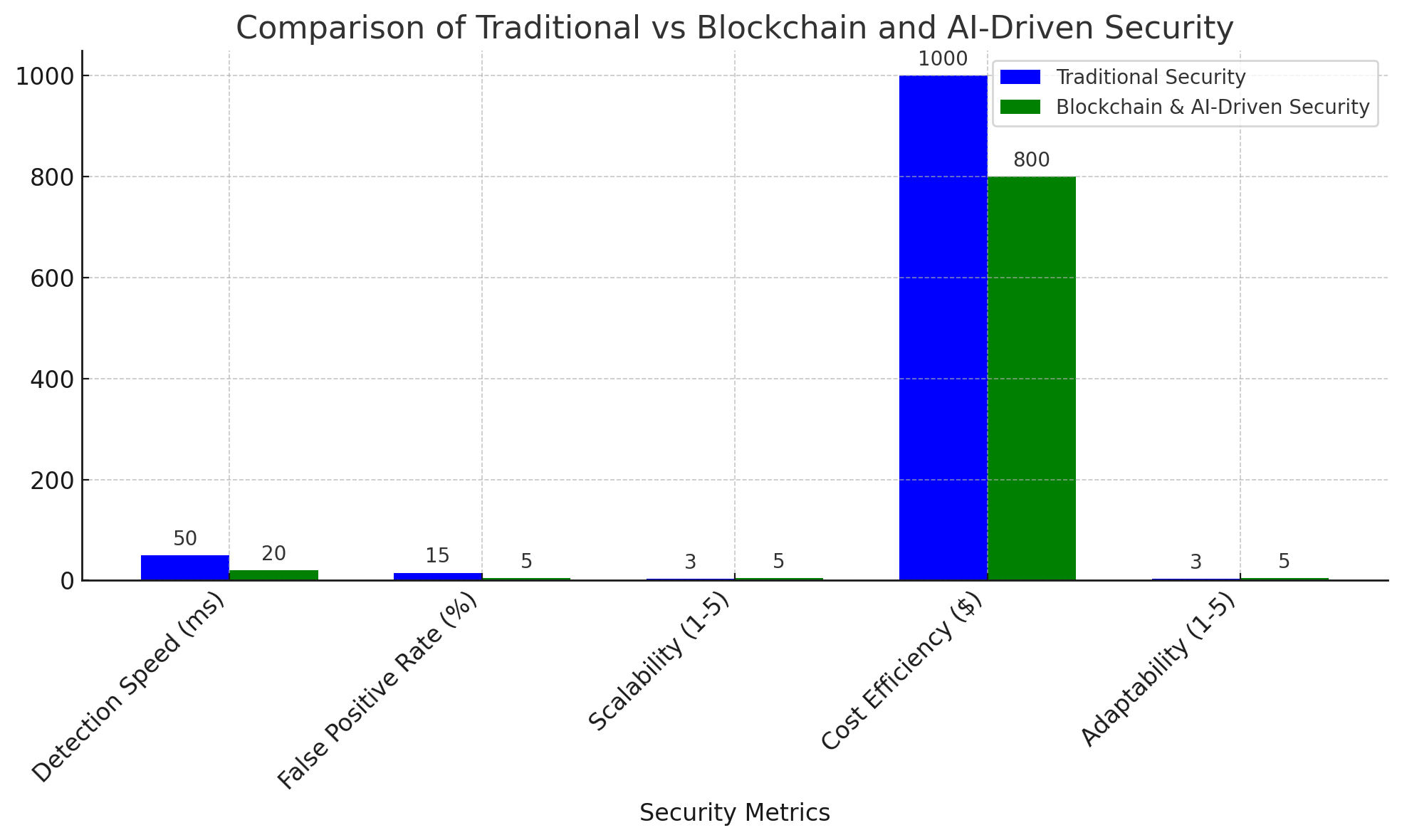
Why Blockchain and AI?
1. Blockchain for Data Integrity
Blockchain technology ensures data immutability and transparency, making unauthorized alterations virtually impossible. Features include:
- Decentralized data storage.
- Cryptographic security measures.
- Secure patient consent management.
2. AI for Threat Detection
AI enhances security by:
- Detecting anomalies in real time.
- Automating threat response.
- Predicting vulnerabilities through machine learning.
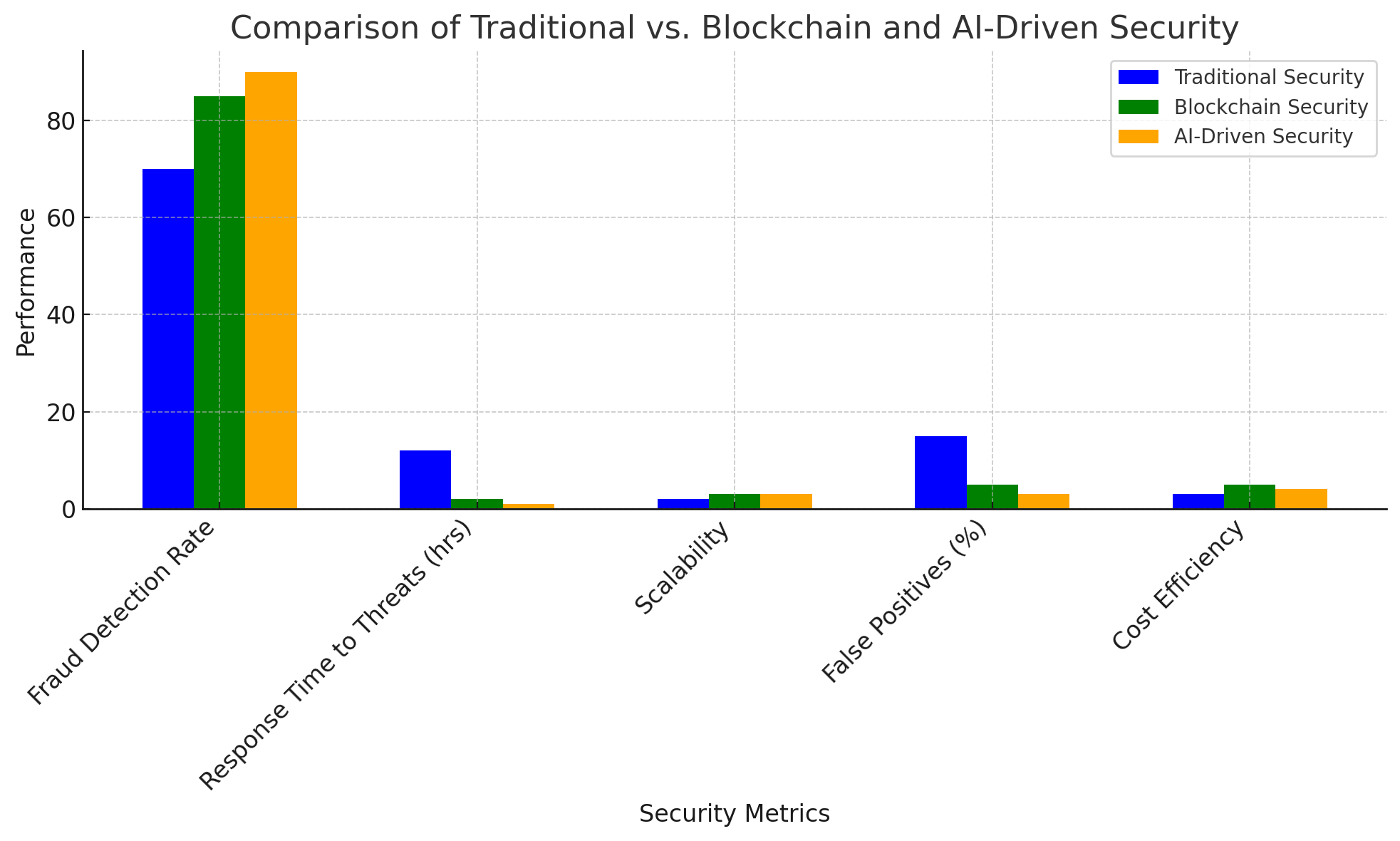
Building Blocks of a Secure System
1. Decentralized Data Management
Blockchain creates a secure and transparent ledger for storing patient records. Each transaction is verified, ensuring data accuracy and security.
2. Smart Contracts
Smart contracts automate processes like patient consent and data sharing, reducing human errors and enhancing compliance.
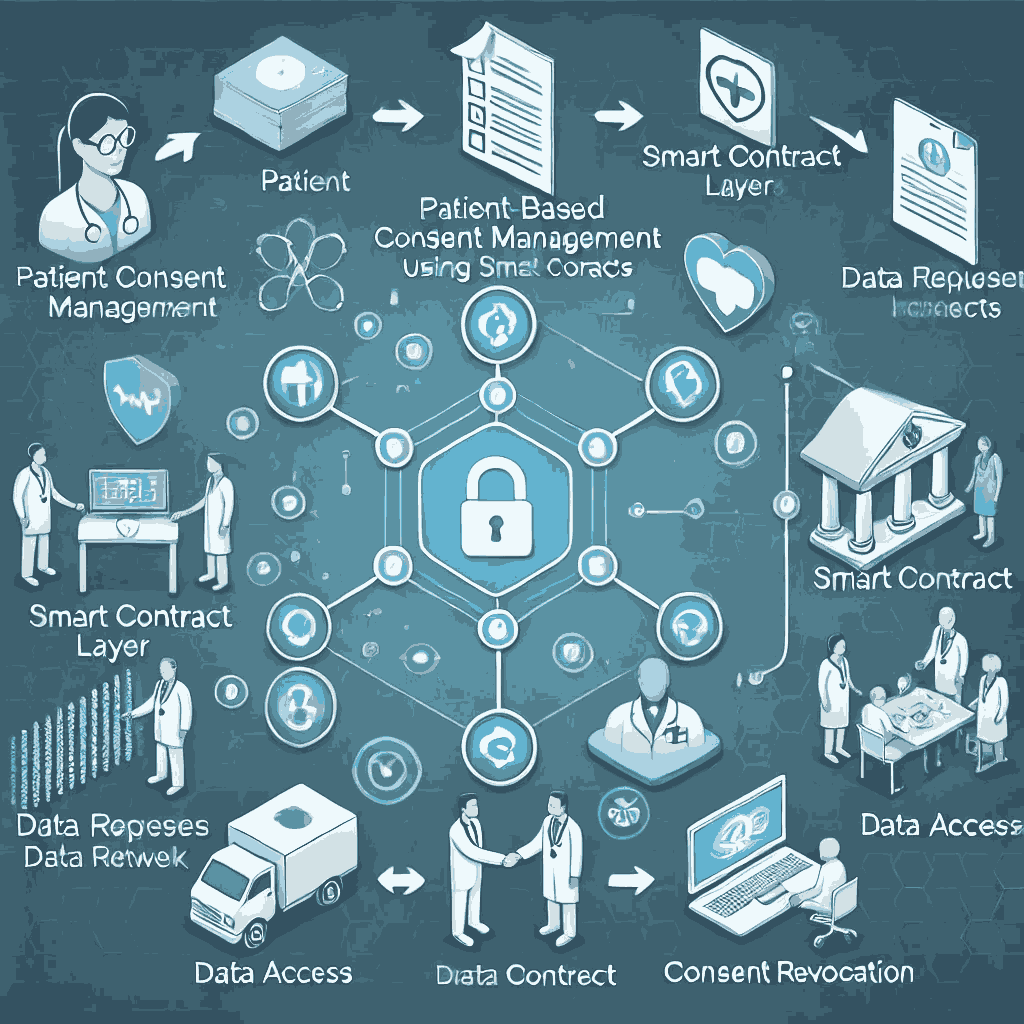
3. AI-Driven Analytics
AI algorithms analyze vast datasets to identify potential threats and inefficiencies. Key applications include:
- Monitoring network activity for anomalies.
- Identifying unauthorized access attempts.
- Enhancing patient data anonymization.
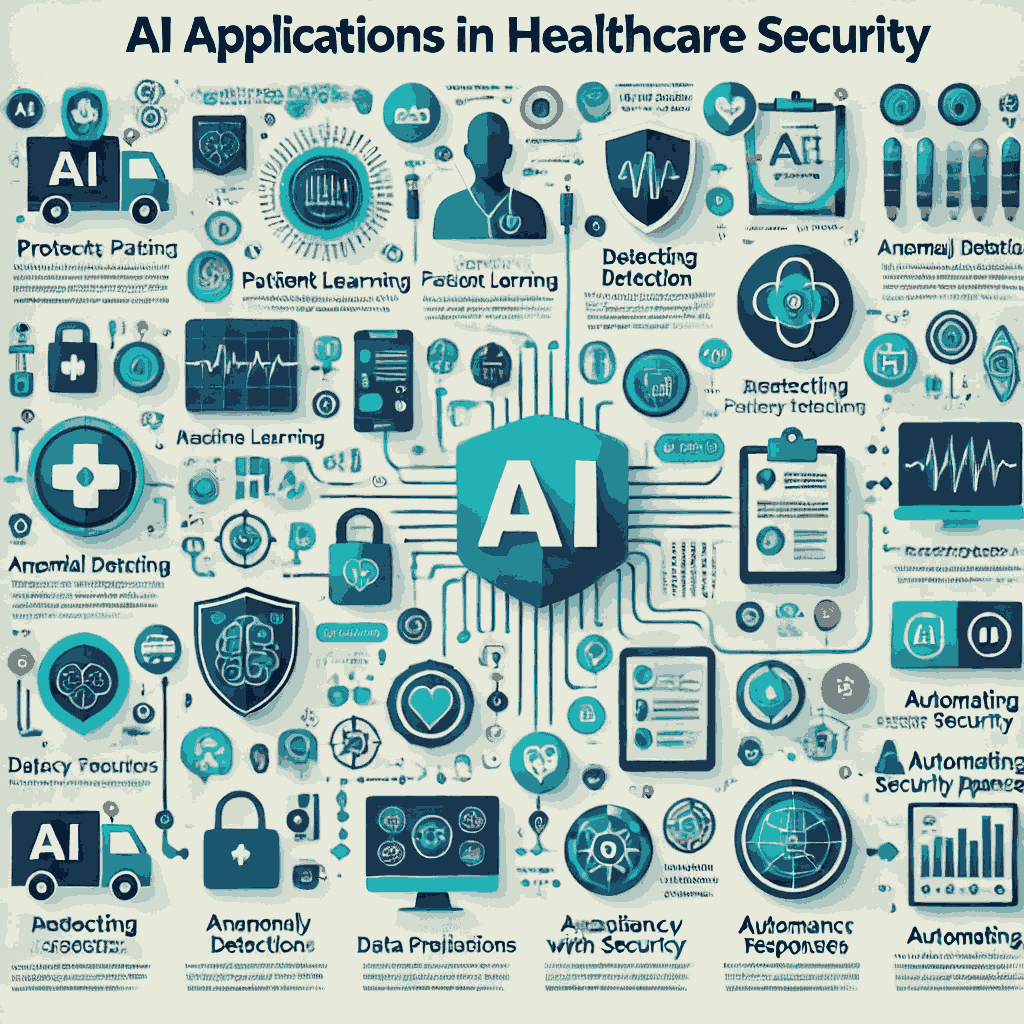
4. Secure Interoperability
Blockchain enables secure data sharing across systems, improving interoperability without compromising privacy.
Case Study: Transforming a Healthcare Provider’s Data Security
Background
A mid-sized healthcare provider faced frequent data breaches and struggled with compliance issues. They partnered with us to implement blockchain and AI solutions.
Approach
Conducted a comprehensive security audit.
- Integrated blockchain for secure data storage and sharing.
- Deployed AI-based threat detection systems.
- Implemented smart contracts for automated compliance.
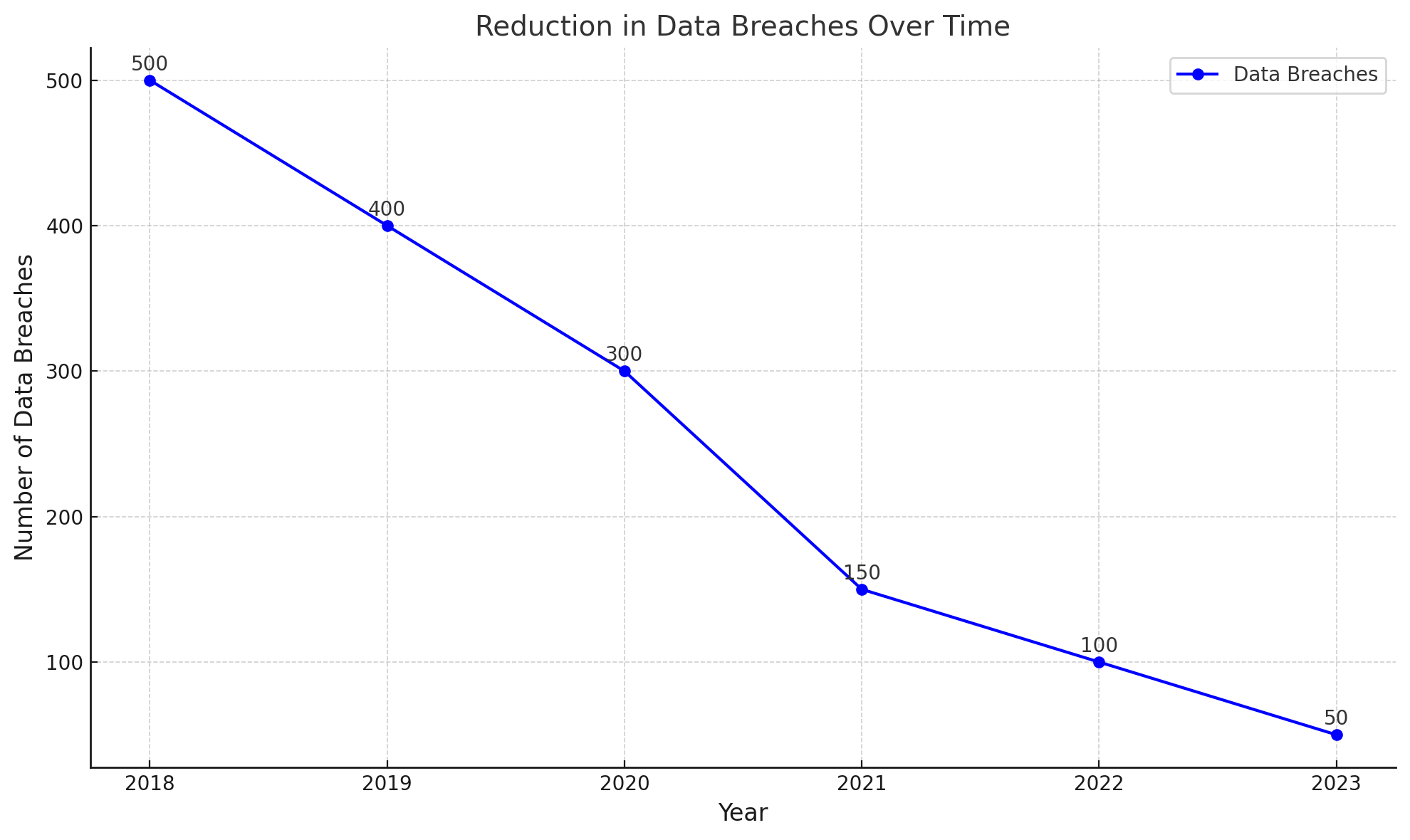
Result
- Improved Security: Data breaches reduced by 80%.
- Enhanced Compliance: Achieved full compliance with HIPAA and GDPR.
- Cost Savings: Reduced manual compliance costs by 30%.
Measuring the Impact
1. Enhanced Patient Trust
Securing sensitive data builds trust and improves patient-provider relationships.
2. Operational Efficiency
Automated processes reduce administrative burdens and streamline operations.
3. Scalable Security
Blockchain and AI solutions scale with the provider’s growth, ensuring consistent protection
Future Trends in Healthcare Security
1. AI-Powered Predictive Security
Advanced machine learning models will predict vulnerabilities before they are exploited.
2. Blockchain-Based Identity Management
Decentralized identity systems will enhance patient authentication and reduce fraud.
3. Quantum-Resistant Encryption
Emerging encryption technologies will safeguard data against quantum computing threats.
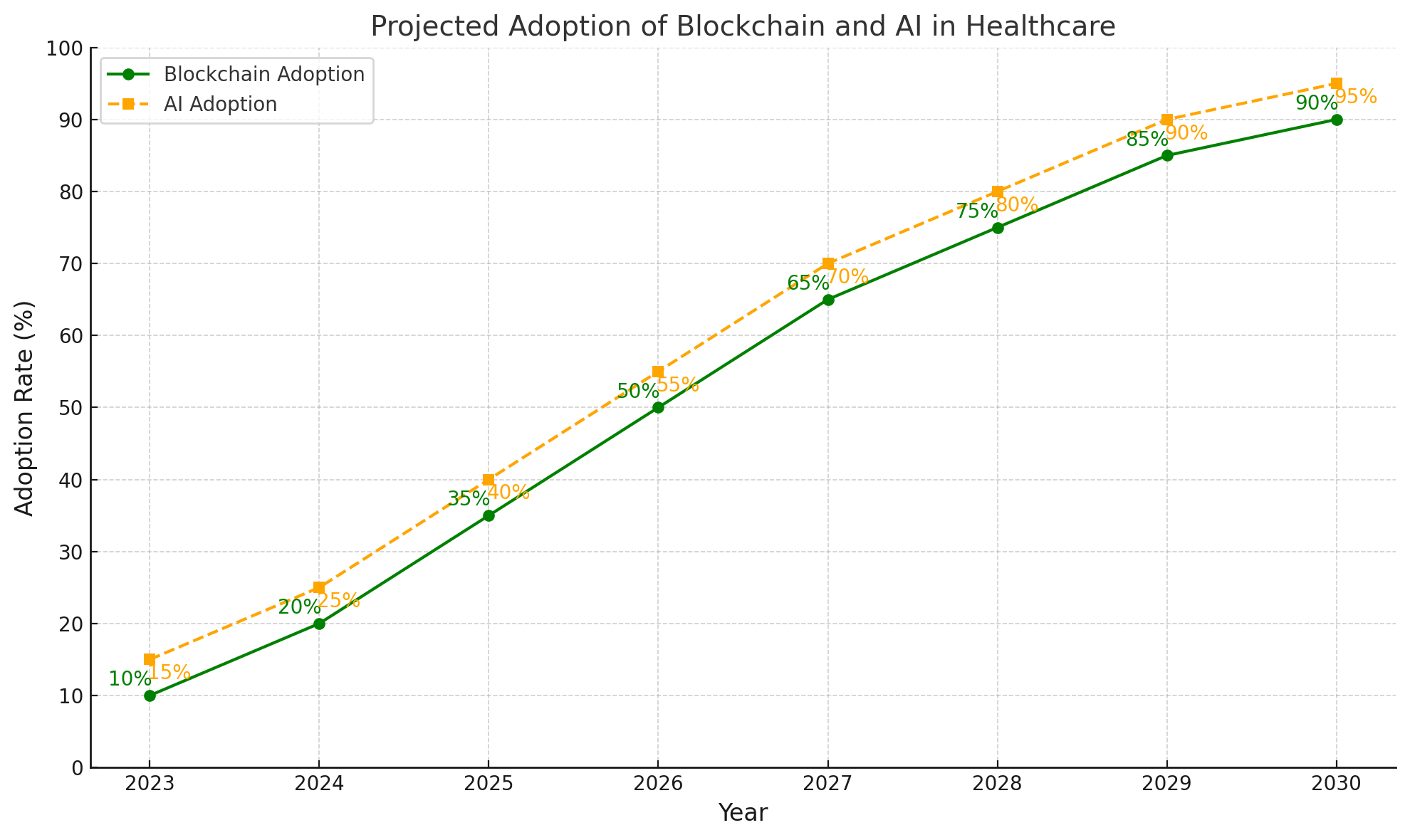
Best Practices for Implementation
1. Conduct a Security Audit
Identify vulnerabilities and prioritize areas for improvement.
2. Partner with Experts
Collaborate with blockchain and AI specialists to develop tailored solutions.
3. Focus on User Training
Educate staff on new systems to ensure smooth adoption.
4. Monitor and Optimize
Regularly review system performance and update technologies as needed.
Conclusion
Integrating blockchain and AI into healthcare security systems offers unparalleled benefits, from enhanced data protection to improved operational efficiency. As the healthcare industry continues to digitize, adopting these technologies will be essential for providers aiming to stay ahead of evolving threats and compliance demands.
FAQs
Blockchain ensures data security through its decentralized and immutable nature. Each transaction or data entry is encrypted and stored in a distributed ledger, making it tamper-proof. This helps prevent unauthorized access, ensures data integrity, and provides a transparent audit trail for sensitive patient information.
AI enhances data security by detecting anomalies, identifying potential threats, and automating responses to mitigate risks. AI-powered algorithms can analyze large datasets in real time, flagging suspicious activities like unauthorized access or unusual patterns that may indicate a breach, thereby providing proactive protection.
The combination of blockchain and AI offers:
- Enhanced privacy: Blockchain ensures secure data sharing with authorized parties, while AI manages access controls and privacy protocols.
- Real-time threat detection: AI monitors and analyzes data for potential breaches.
- Efficient data management: Blockchain enables secure, decentralized storage, while AI streamlines processing and retrieval.
- Regulatory compliance: Both technologies support adherence to healthcare data regulations like HIPAA or GDPR.
Blockchain provides transparency by allowing patients to see who accessed their data and when, ensuring trust in the system. AI facilitates informed consent by automating secure data-sharing protocols based on patient preferences. Together, they empower patients with control over their personal health information while ensuring it is protected against misuse.
